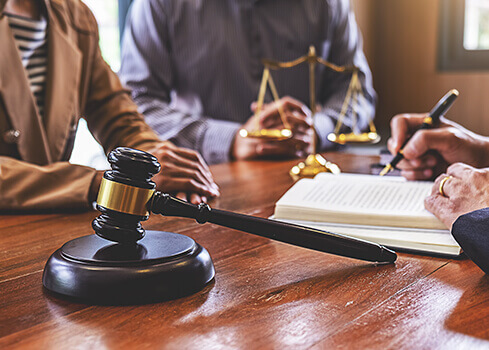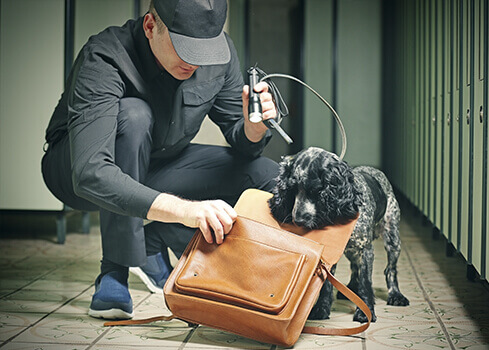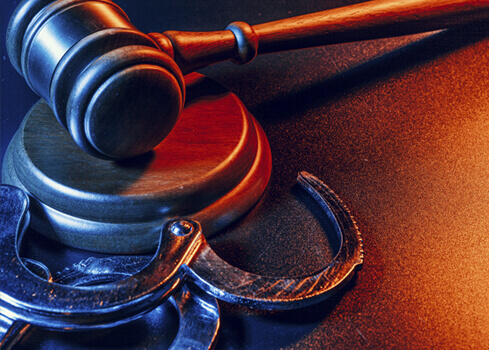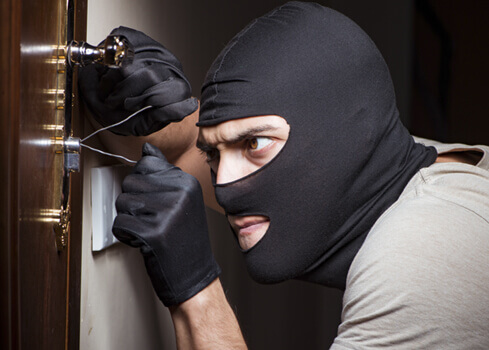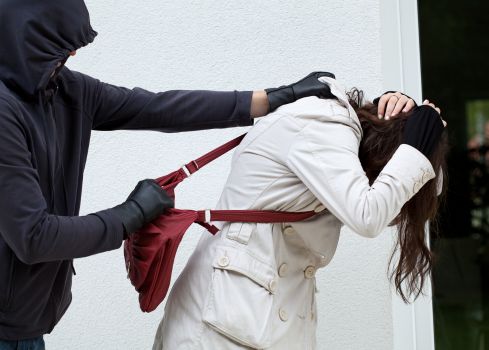What factors affect the accuracy of eyewitness testimony?
Numerous factors may affect the accuracy of eyewitness testimony, which may lead to people being convicted of crimes they did not commit.
Many people throughout Western North Carolina believe eyewitness testimony is one of the most solid types of evidence in criminal cases. However, that is not necessarily the case. In fact, the Innocence Project reports that eyewitness misidentifications were involved in 70 percent of the wrongful convictions that were overturned through DNA testing. This is, in large part, because there are numerous factors that may affect the accuracy of eyewitness testimony.
Memory reconstruction
It is a common misconception that the human memory works like a video recording, allowing people to replay events in their minds just as they occurred. However, Scientific American reports that memories are reconstructed, not replayed. Rather, fragments of what people saw are pieced together like a puzzle in their minds as they recall memories. Consequently, questioning and discussing an event may alter people’s memories, or their perceptions of what they saw.
Lineup issues
Witnesses are often asked to identify suspects through lineups, both physical and photographs. If the proper procedures are not followed, however, law enforcement officers may unintentionally indicate to witnesses who they should choose. For example, if the photographs used are different sizes or have different lighting, it may cause one person’s picture to stand out over the others. When the law enforcement agents conducting the lineup know who the suspect is, they may give inadvertent signals to the witness.
Visual characteristics
Often, witnesses base their identifications off a suspect’s defining features or characteristics. However, wearing a wig, hat, glasses or other disguise may change how a person looks. As a result, people may misidentify someone as a suspect, and he or she may be found guilty of a crime, such as assault or murder, that they did not commit. Additionally, racial differences between the witnesses and suspects may also affect identifications.
Anxiety and stress
Witnessing a crime can be a stressful experience. In some cases, the anxiety people experience as a result of such events may alter their perceptions of whom or what they saw. This may lead to inaccurate identifications or testimony. The use of a weapon during the commission of a crime often compacts this issue because witnesses may focus on the weapon rather than the suspect or other details.
Obtaining legal representation
Criminal allegations can have life changing implications for people in North Carolina, and elsewhere. Therefore, those who have been charged with a criminal offense may benefit from seeking legal counsel. An attorney may help them establish a strong criminal defense, as well as ensure their rights are upheld. This includes questioning the accuracy of witness identifications and statements.



© Copyright 2024 The Law Office of Kevin L. Barnett • All Rights Reserved. Disclaimer | Site Map | Privacy Policy





